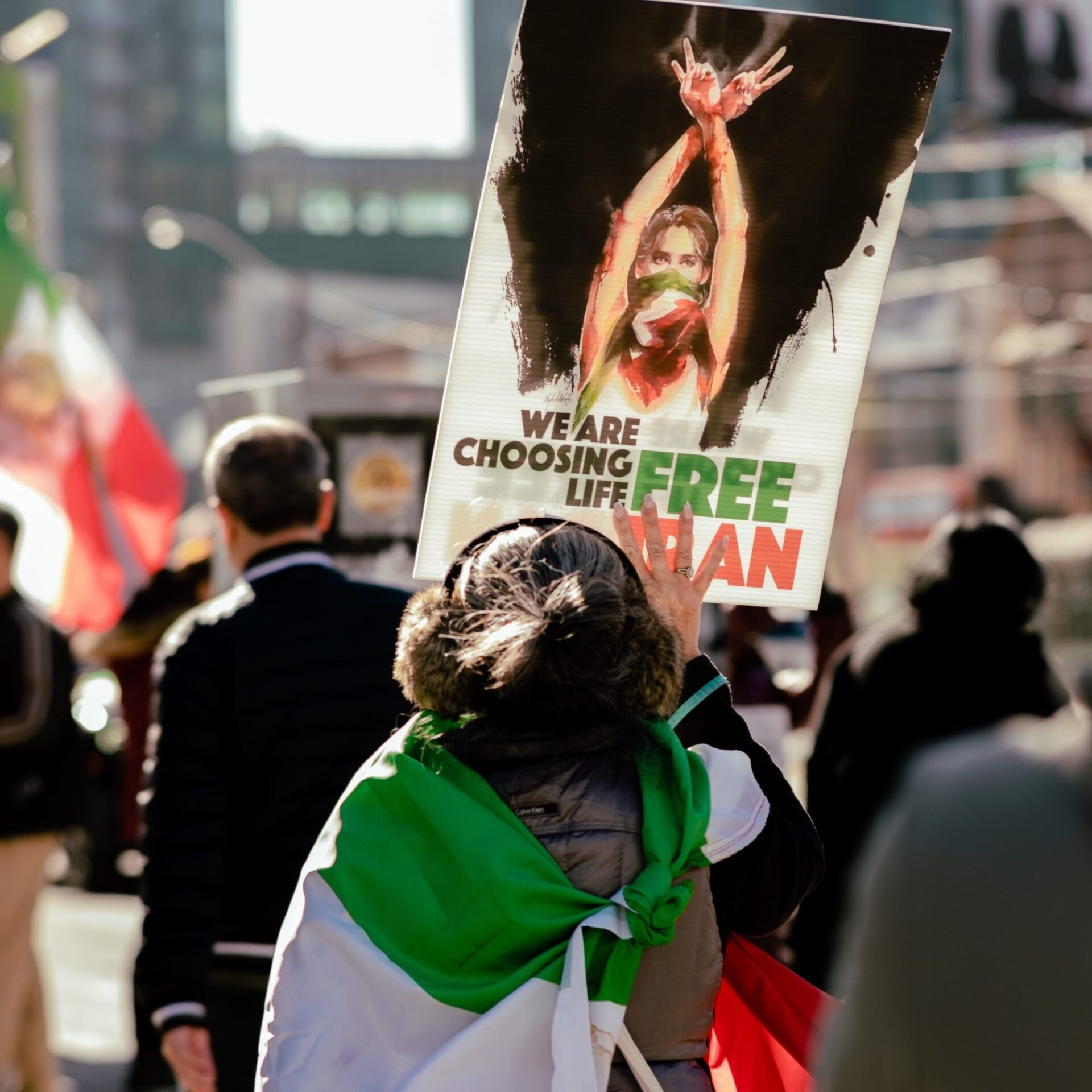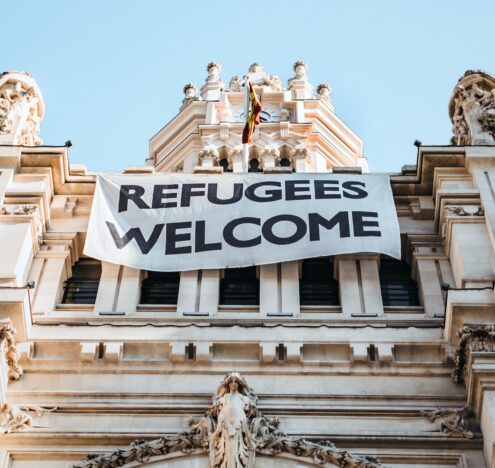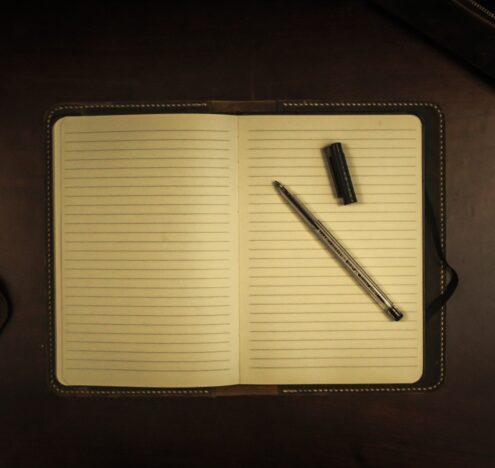“I grew up in Iran.”
These words were often met by raised eyebrows and surprised looks when I was asked about my upbringing during one of those small talks we so graciously engage in at a luncheon, a business dinner, or a ceremony. I had embraced the life I had worked so hard to build in my new home in Southern California. I was fortunate to have built a successful professional career and personal life by all measures and to live the American dream.
Yet, for most of my years in the United States, I had learned that it would be best not to talk much about my upbringing before I was 17. As an Iranian woman, I had two strikes against me. I was a woman taking on roles not often occupied by women — and I was a Middle Eastern woman to top it off! To say that no one looked like me is an understatement. From gas station attendant to CEO of a company I helped build to $850 million in sales, I was (and still am) the most successful Middle Eastern woman many people have ever met.
Thankfully, the bravery of the people of Iran — even as the government increasingly restricts the Internet and access to uncensored information — is being seen and heard.
Of course, despite what we achieve, we will always be intrinsically linked to our origin story. And mine wasn’t the typical immigrant story — at least not at first. My family was relatively affluent. My father was a self-made man who, having lost his dad at a young age, worked hard, became an attorney, and eventually CEO of a company that he grew significantly. My parents’ story was one of perseverance, honesty, love, and success. It was in that home, as the youngest of four daughters, that I learned I was no less than anyone else.
But all of that changed the first time I was arrested by the Iranian morality police at the age of 15. I was with a friend when machine-gun-toting soldiers stopped, separated, and questioned both of us before putting us in a Jeep, blindfolded. We were then driven to a secluded spot, stripped-searched in a basement, and held for hours, under false pretenses, before letting us go in the middle of the night.
I honestly don’t even remember how I got home that night.
I recall other times when friends were jailed and tortured for owning books about freedom or speaking against the regime. One of my cousins was publicly executed, his body never recovered from a mass grave after being sentenced to death in a “sham” trial for denouncing the government. They literally hung him from a crane in the courtyard.
So, after I was arrested and detained a second time, simply for being an Iranian teenager who dared to own a book while traveling, my parents arranged for me to leave Iran. Somehow they found a way to put my name on my mom’s passport and sent me to Turkey. I left all I knew: my family, my friends, my home, and my parents. At 17 years of age, I was alone in Istanbul with little money for the first time in my life. I quickly learned how to survive and eventually found my way to the United States.
I started my journey in the United States at the lowest point possible, so I took the one job I thought I was qualified for: pumping gas. But I was determined to make it. In fact, I expected to run a large company someday. So, I enrolled in a public college and earned my accounting degree while working full-time at the gas station. From there, I became an accountant, was hired by Ernst Young and worked my way up to CEO of one of North America’s largest franchisors, eventually helping the company raise hundreds of millions in private equity in an industry where just 3% of CEOs are women (and far fewer are Iranian women).
As I reflect on this journey from Iran to where I am today, I know that as painful as leaving my family was, the opportunities that followed were not available in Iran. I’m grateful that I was able to have a chance to build a life that is authentic to me. But I’m sad for the separation from my family, my parents, and my community — and the hard-working, intelligent women and men of Iran who weren’t afforded the same opportunities.
I’m not special. I’m a clear example that the freedom to build on your talents can and will result in success in many fields — and in thriving communities. I am passionate about the millions of Iranians who are now risking their lives for a chance to enjoy these fundamental freedoms. They deserve the same dignity and a chance to build a meaningful life.
Women in Iran are still fighting for their basic human rights. They are forbidden from singing or dancing, from expressing joy, in public. They are captured on the streets, raped, tortured, and killed.
These aren’t just my sisters; they are the sisters of anyone who values freedom.
And there are many thousands of brave men who have risked torture and execution. They aren’t just my brothers; they are the brothers of anyone who values freedom.
Thankfully, the bravery of the people of Iran — even as the government increasingly restricts the Internet and access to uncensored information — is being seen and heard. The truth is finding its way out. Many inside and outside of Iran are passionately echoing the voices of the revolution.
It’s an organic, righteous, and passionate movement. I, too, have used what I have to echo the voices, to let the world know about the atrocities, and to ask for help, awareness, and support. In the last few months, I have spoken with President Joe Biden and been interviewed by dozens of cable TV stations, newspapers, and blogs. We have to do what we can.
The authorities are fearful of people seeing these images. They know the sheer power of public opinion. But this story is far from over.
Freedom is fragile. From the United States to a few bright spots in the Middle East, it will perish if not protected.
And when it’s gone, it’s gone.
Shirin Behzadi is a business leader, ex-CEO, and president of Shirin Behzadi, LLC., a C-suite and entrepreneurial advisory firm.





















